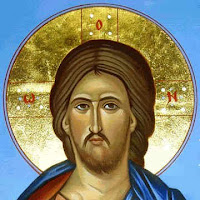Disaster pushes Japanese beyond secular thinking
Mar 18, 2011
by Susie Rain
EDITOR'S NOTE: All International Mission Board personnel in east Japan began relocating southwest of Tokyo March 18 in response to deteriorating conditions following the earthquake, tsunami and nuclear power crisis,. They will be given temporary assignments south of Nagoya. The relocation is expected to be complete by Saturday, March 19. Navy Admiral Robert Willard had announced Thursday that the military has developed contingency plans to evacuate 87,000 Americans — including Defense Department personnel — from Tokyo and the surrounding areas.
TOKYO (BP)--Thousands of the little wooden prayer tablets rattle softly in the cold, spring breeze, a symphony of soft clattering that drifts out from the Shinto shrine.
Images and characters burned on one side of the tablet symbolize hope. On the other side, carefully handwritten prayers and wishes are written to the deities of the Meiji Jingu Shrine.
Not surprisingly, the "prayer wall" focuses on Japan's triple disaster -- a 9.0-magnitude earthquake, a tsunami and nuclear crisis. the rest
While most Westerners often are preoccupied with causes of disaster -- the questions of why God would allow an earthquake, for example -- Eastern traditions like Buddhism and Shinto focus on behavior in reaction to tragedy. It is very important in Japanese life to react in a positive way, to be persistent and to clean up in the face of adversity.


0 Comments:
Post a Comment
<< Home